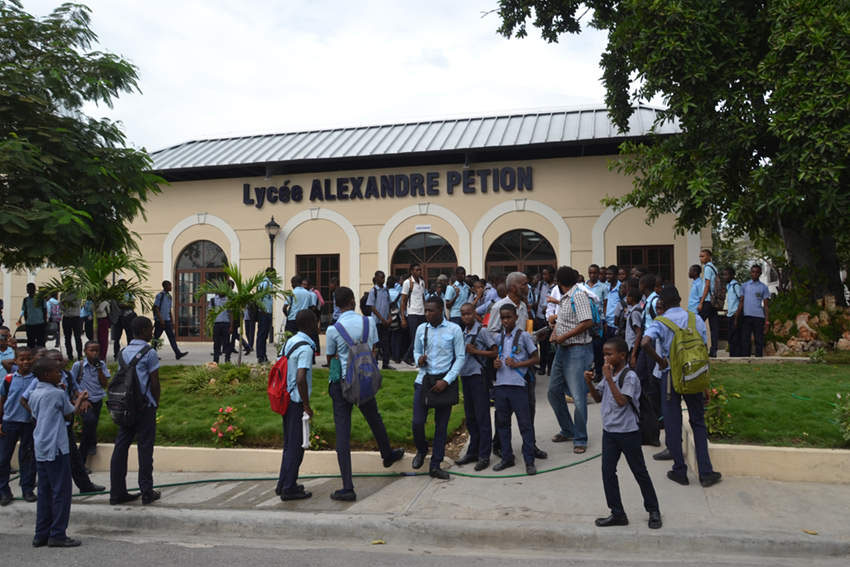My philosophy of education is grounded in the belief that every student must be provided with the opportunity to learn. Such opportunity includes the provisions of tools and resources necessary to achieve this goal. It also includes the use of non-traditional methods to address the needs of perceived hard to reach students.
As an educator, I am passionate about learning and affording the possibility for young (and old) people to evolve and prosper. This passion manifests itself by engaging, encouraging and even prodding individual students to take charge of their education through pedagogical or andragogical engagement. Often, the road to success through education is not emphasized enough in student lives. Success is popularly recognized by societal standards that celebrate the achievements of celebrities who may be or not be educated. As a result, young people tend to emulate the exhibited values of these celebrities as the only pervasive models attaining success in their lives. Lost amid this celebrity worship is the fact that it is actually easier and more lasting to achieve a “better life” through education. Statistically, the odds favor attainment of a traditionally high paying professional career as realistically possible for most people who work towards that goal, while the goal of attainment of a professional sports or entertainment celebrity status is infinitesimally small.
Thus, as educators, our role is to provide and demonstrate the feasibility and benefits for attaining a “better,” more “successful” life to those students whose exposure and life experiences do not afford them the opportunity to consider such alternatives.
In order to reach especially the struggling student, education most involve more than tedious memorization and repetition of learned material. Rote learning is so “Little House on the Prairie,” however, still evident in too many teaching and learning settings. The current curricula must be revised to address the ecological child- the whole individual. In this sense, education must provide for the social, political and economic needs of the individual, not only for their intellectual needs.
Education must be at the forefront of possibilities for young peoples’ lives, engaging and providing an attractive substitute to a non-educated life.
Knowledge of self must transcend the physical limits imposed by the classroom experience and must afford the educator/ administrator to lead students and faculty into the realms of their imagination. As a result, recognition of what can be then replaces the known and familiar. Allowing students to dream of a better future involving educational attainment has to be at the core of a career as an educator. Understanding that the gap between the educated and non-educated accounts for differences in social status and the accouterments of a fulfilling life. Students are taught to dream of a better future and with proper encouragement and guidance are led to that better future based on educational attainment. Awakening students’ imagination liberates them from limitations, as they become interested in the vision of a future that they can conceive. Schooling and education then becomes the steps leading to their desired goal.
This process of learning and recognizing one’s limits as an educator is critical. As we recognize that we cannot alleviate societal pressures faced by individual students, we must strive to address as much as possible through our role within the confines of the school. Our goal is to relieve the pressures and provide an oasis from unresolved problems that cannot be addressed within the school. As student feels safe, cared for valued, inspired and challenged, they become more relaxed and at that moment the educator becomes a problem solver. Impediments to student learning more often than not tend to be related to issues unrelated to school; issues involving relatives, the penal system, peer pressure and lack of resources and role models to navigate the daily challenges of living in the society. To the extent that the educator understands these issues, teaching and learning becomes an involved process that takes the student not physically but metaphysically to a desired better future. Education is then viewed as the key to unlocking the talents, aspirations and opportunities that will propel the student to their desired goals.
As educators, we become the vanguard of society where we pass on the mores and traditions that make us a thriving society and afford our students the opportunity to inject their creative ideas into formulating our future society. Children are our future and our job is to direct them towards the road that will lead to this desirable future. As a teacher and lifelong learner, my goal is forever etched in that desire.

